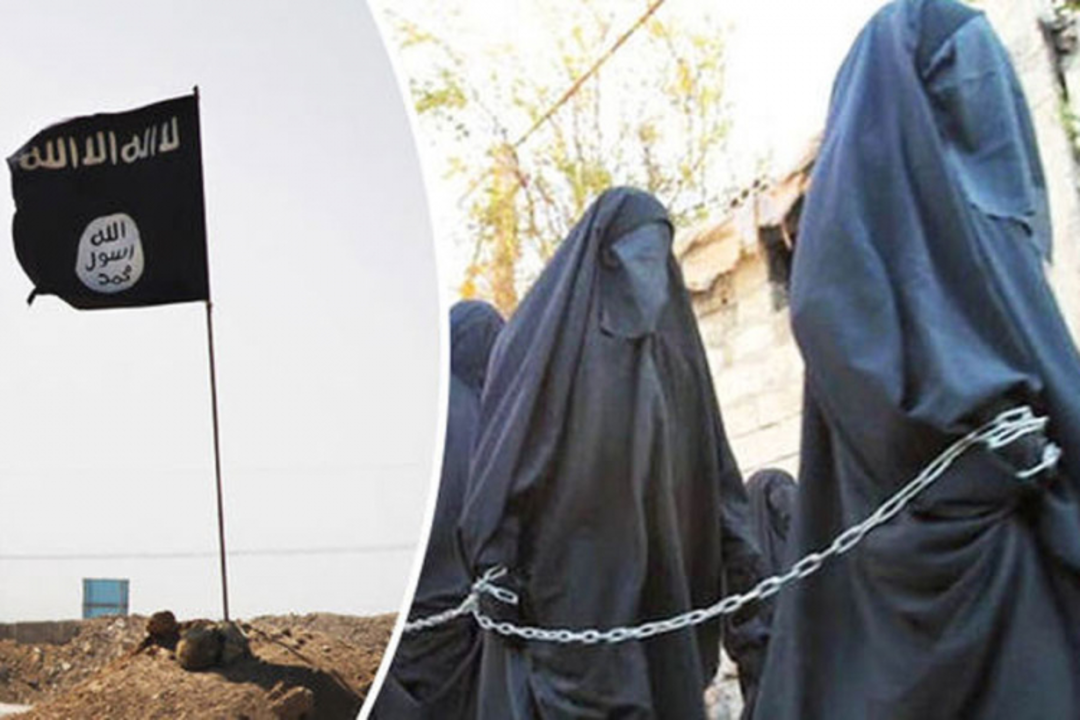Understanding Rape: What It Is and How to Respond
Rape is a crime that involves non‑consensual sexual contact. It isn’t just a private issue; it hurts families, communities, and the whole society. Knowing the facts helps you avoid myths and gives you the tools to act if you or someone you know is affected.
Recognising the Signs and Getting Help
If you or a friend experience unwanted sexual touching, penetration, or any forced act, it counts as rape. The first thing to do is stay as safe as possible. Find a trusted person – a family member, a friend, or a counselor – and tell them what happened. You don’t have to describe every detail; just let them know you need support.
Next, consider medical care. A hospital or clinic can treat injuries, test for sexually transmitted infections, and collect evidence if you decide to report. In many countries you can get treatment without telling the police, and some places have special rape‑victim centers that keep your information confidential.
Legal Steps and Your Rights
Reporting rape is a personal choice, but knowing the process can make the decision easier. You can go to the local police station, call a dedicated helpline, or use an online reporting portal if available. When you file a report, ask for a case number and the name of the officer handling your case. Keep that information safe – you’ll need it for follow‑up.
Every victim has the right to legal aid, which may include a free lawyer, translation services, and protection orders. If you’re worried about the accused being in your community, ask about anonymity measures that some jurisdictions offer.
Remember, the law works best when evidence is collected quickly. That’s why a medical examination within 72 hours is often recommended, but you can get help later too.
Finding Support After the Assault
Healing isn’t just about legal battles. Emotional and psychological support is just as critical. Look for NGOs, women’s shelters, or community groups that run counseling sessions for survivors. Many offer free or low‑cost services, and some specialize in faith‑based or cultural‑sensitive care, which can be comforting if you’re worried about stigma.
Support isn’t limited to professionals. Talking to a trusted friend or family member can lift a huge weight off your shoulders. If you feel isolated, online forums and peer‑support groups can provide a sense of belonging without exposing your identity.
Preventing Rape in Your Community
Prevention starts with education. Schools, workplaces, and religious centers should hold clear talks on consent, respectful relationships, and by‑stander intervention. Simple actions – like calling out unwanted behavior, walking someone home, or refusing to let a friend drive while intoxicated – can stop an assault before it starts.
Community leaders can also help by creating safe spaces, promoting gender equality, and challenging myths that blame victims. When people see that rape is taken seriously and survivors are supported, the overall environment becomes less tolerant of abuse.
Whether you’re looking for help, trying to understand the law, or working to make your area safer, the key is to stay informed and speak up. Rape is a crime, not a secret, and every step you take – from seeking medical care to sharing information – brings you closer to justice and recovery.
- Zayden Kurosawa
- 0
Does Islam permit rape or sex slavery of non-Muslim women?
In my recent exploration of the topic "Does Islam permit rape or sex slavery of non-Muslim women?", I delved into various religious texts and consulted scholarly interpretations. It is important to note that the majority of Muslim scholars and believers denounce such acts as completely against the teachings of Islam. However, some extremist interpretations have emerged that attempt to justify these acts, creating confusion and perpetuating negative stereotypes. In conclusion, Islam does not permit rape or sex slavery of non-Muslim women, and any such claims are often based on misinterpretations of religious texts or the actions of extremist groups. It is crucial to separate the actions of individuals from the core values of the religion itself.
Read more